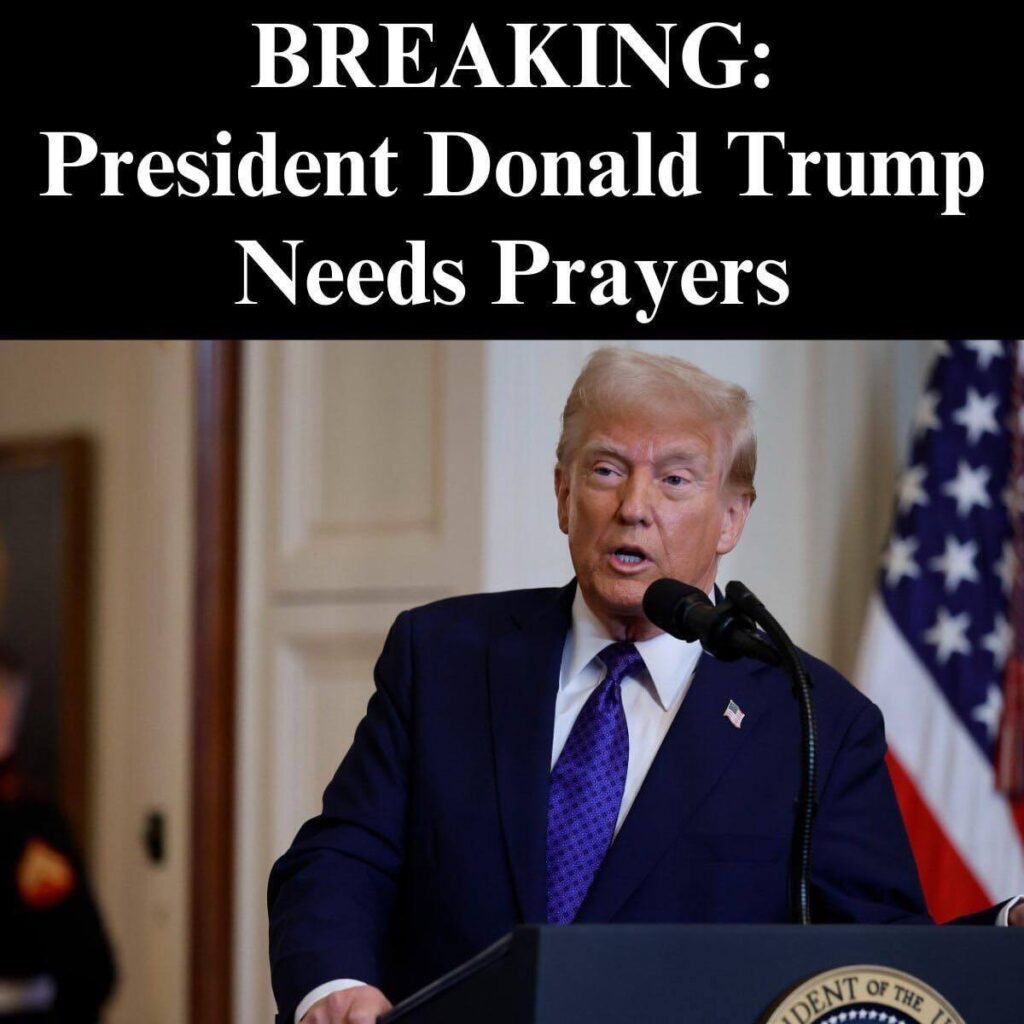Fentanyl Trafficking Declared a National Security Threat by Trump Administration Officials
In a high-stakes address to the Senate Intelligence Committee this week, senior officials from President Donald Trump’s administration issued a stark and urgent warning: the trafficking of fentanyl and other synthetic opioids by foreign drug cartels now represents one of the most significant national security threats facing the United States.
While the opioid epidemic has long been framed as a public health crisis, this new designation elevates it to a matter of national defense—reflecting growing concerns over the escalating death toll and the increasingly organized efforts of transnational criminal networks.
A Crisis Beyond Public Health
Director of National Intelligence Tulsi Gabbard opened the committee hearing with sobering statistics. “Cartels were largely responsible for the deaths of more than 54,000 U.S. citizens from synthetic opioids in the 12-month period ending in October 2024,” she reported. Gabbard made it clear that the scope of the crisis now extends beyond individual tragedies and local communities—it threatens the stability of entire regions and the safety of the nation as a whole.
“Fentanyl is no longer just a drug problem—it is a strategic attack on the American people,” she said. “This is a form of asymmetric warfare, orchestrated by powerful foreign criminal networks that seek to destabilize our society for profit.”
Sophisticated Smuggling and Foreign Involvement
Officials described how Mexican and Chinese-based cartels, working in tandem with other international actors, have developed highly sophisticated smuggling operations. These include custom-built tunnels, the use of encrypted digital communications, and complex global supply chains that span continents.
“Cartels are leveraging technology, exploiting legal loopholes, and partnering with foreign actors who have no interest in our national well-being,” one Homeland Security official testified. These smuggling routes often involve precursor chemicals shipped from overseas—mainly from China—before being processed in clandestine labs in Mexico and then trafficked across the southern U.S. border.
Once in the country, fentanyl is often mixed with other drugs—such as heroin, cocaine, or counterfeit prescription pills—making it especially dangerous and unpredictable for users.





